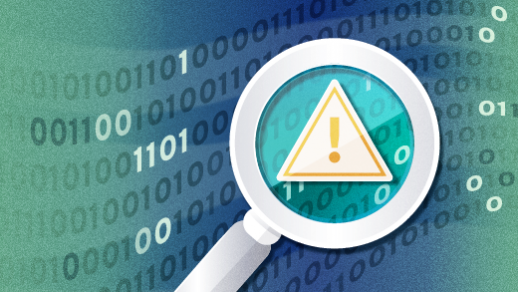4.9 KiB
DevOps: The consequences of blame
Merriam-Webster defines "blame" as both a verb and a noun. As a verb, it means "to find fault with or to hold responsible." As a noun, it means "an expression of disapproval or responsibility for something believed to deserve censure."
Either way, blame isn’t a pleasant thing. It can create feelings of fear and shame, foster power imbalances, and cause us to devalue others.
Just think of what it felt like the last time you were yelled at or accused of something. Conversely, consider the opposite of blame: Praise, flattery, and approval. How does it feel to be complimented or commended for a job well done?
You may be wondering what all this talk about blame has to do with DevOps. Read on:
DevOps and blame
The three pillars of DevOps are flow, feedback, and continuous improvement. How can an organization or a team improve if its members are focused on finding someone to blame? For a DevOps culture to succeed, blame must be eliminated.
For example, suppose your product has a bug or experiences an outage. If your organization's leaders react to this by looking for someone to blame, there’s little chance for feedback on how to improve. Look at how blame is flowing in your organization and work to remove it. Strive for blameless post-mortems and move away from root-cause analysis , which tends to focus on assigning blame. In today’s complex business infrastructure, many factors can contribute to bugs and other problems. Successful DevOps teams practice post-incident reviews to examine the bigger picture when things go wrong.
Consequences of blame
DevOps is about creating a culture of collaboration and community. This is not possible in a culture of blame. Because blame does not correct behavior, there is no continuous learning. What is learned is how to avoid blame—so instead of solving problems, team members focus on how they can avoid being blamed for them.
What about accountability? Avoiding blame does not mean avoiding accountability or consequences. Here are some tips to create an environment in which people are held accountable without blame:
-
When mistakes are made, focus on what steps you can take to avoid making the same mistake in the future. What did you learn, and how can you apply that knowledge to improving things?
-
When something goes wrong, people feel stress. Work toward eliminating or reducing that stress. Avoid yelling and putting additional pressure on people.
-
Accept that mistakes will happen. Nobody—and nothing—is perfect.
-
When corrective actions are necessary, provide them privately, not publicly.
As a child, I loved reading the Family Circus comic strip, especially the ones featuring “Not Me.” Not Me frequently appeared with “Ida Know” and “Nobody” when Mom and Dad asked an accusatory question. Why did the kids in Family Circus blame Not Me? Look no further than the parents' angry, frustrated expressions. Like the kids in the comic strip, we quickly learn to assign blame or look for faults in others because blaming ourselves is too painful.
In his book, Thinking, Fast and Slow, author Daniel Kanheman points out that most of us spend as little time as possible thinking—after all, thinking is hard. To make things easier, we learn from previous experiences, which in turn creates biases. If blame is part of that equation, it will be included in our bias: “The last time a question was asked in a meeting and I took responsibility, I was chewed out in front of all my co-workers. I won’t do that again.”
When something goes wrong, we want answers and accountability. Uncertainty is scary and leads to stress; we prefer predictable scenarios. This drives us to look for root causes, which often leads to blame.
But what if, instead of assigning blame, we turned the situation into something constructive and helpful—an opportunity for learning? It isn't always easy, but working to eliminate blame will build a stronger DevOps team and a happier, more productive company.
Next time you find yourself starting to look for someone to blame, think of this poem by Rupi Kaur:
“It takes grace
To remain kind
In cruel situations”
via: https://opensource.com/article/18/9/consequences-blame-your-devops-team
作者:Dawn Parzych 选题:lujun9972 译者:译者ID 校对:校对者ID
